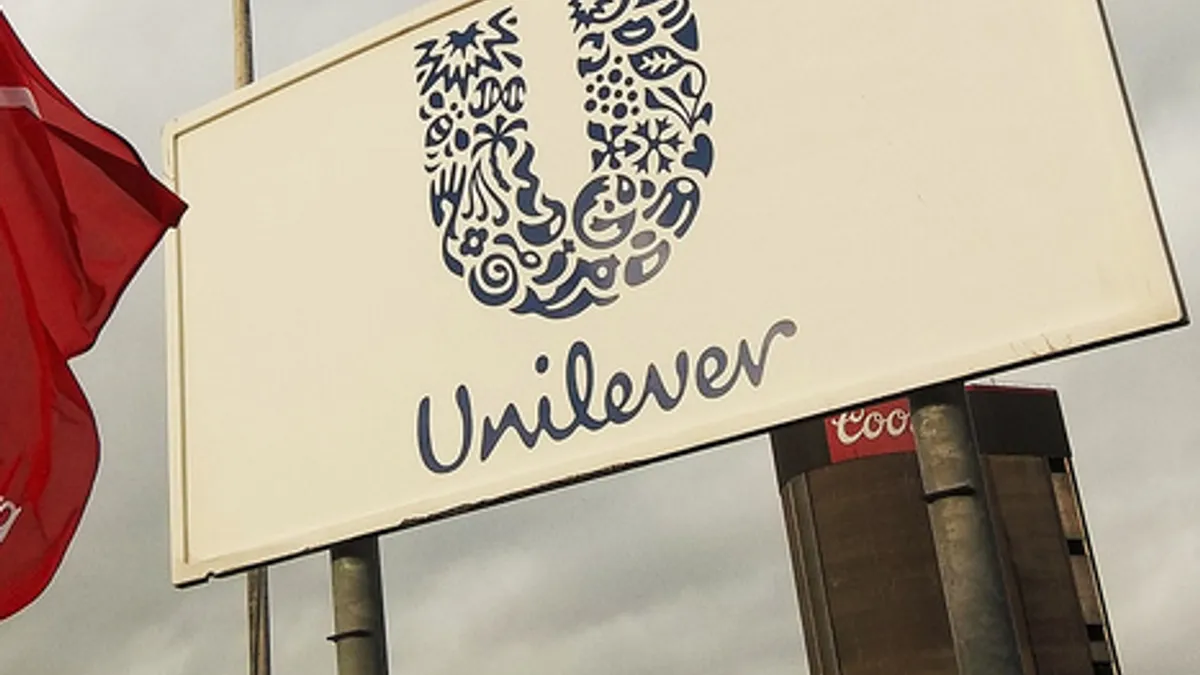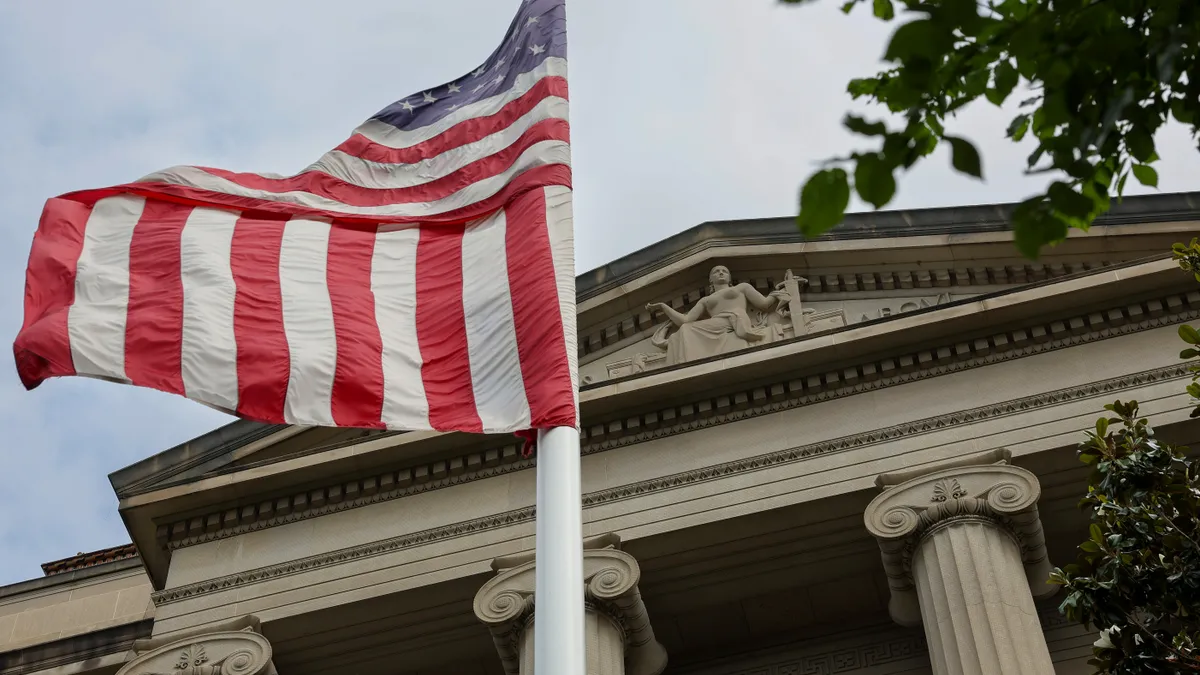Dive Brief:
- A Unilever world-wide study of 9,000 women and men found that old gender stereotypes, social norms and biases maintain and ever-widening gender gap.. Most women (60%) and half of men (49%) in the study said gender stereotypes affect their lives and careers.
- The study shows that even women buy into stereotypes that work against them: Most men (77%) and slightly more than half of women (55%) believe men make better leaders in high-stake projects.
- Women and men struggle to acknowledge gender discrimination and inappropriate behavior (most likely sexual harassment) in the workplace, study results indicate. A clear majority of women (67%) said they feel pressured to get over inappropriate action. Also, most women (64%) and slightly more the half of men (55%) said men don’t confront each other when witnessing this behavior.
Dive Insight:
The study pinpointed media and marketing as major contributors to engrained gender stereotypes. Despite attempts by some marketing specialists to rid ads and promotions of gender stereotypes and more women entering the field, gender biases persist.
That many women in the study believe men are more capable than they are in leadership roles isn’t surprising. Groups that receive direct and indirect messages that they’re inferior in some way to others often accept the messages as true, especially when they are denied promotions starting from a young age.
Other studies have shown that young women also face disproportionate biases against them during the recruiting process and bullying once they reach the office. For women to feel more comfortable in the workplace, HR must ensure that proper policies at all levels of the organization.














